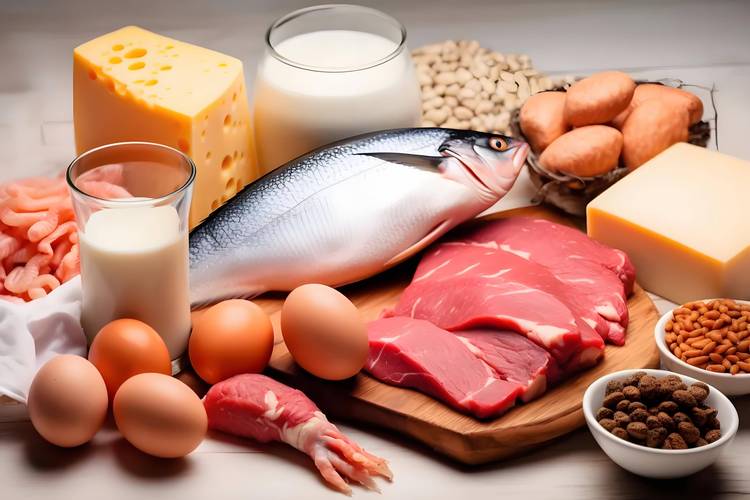Cataract surgery is a widely performed procedure that helps restore clear vision. While the surgical process itself is generally quick and safe, recovery involves more than just resting the eyes. The body’s ability to heal depends on several factors, and nutrition is one of the most important. A thoughtful diet provides the building blocks for tissue repair, supports the immune system, and helps maintain overall energy levels during the recovery period. Eating well does not mean relying on special or restrictive regimens, but rather making practical, balanced choices that reduce stress on the body and provide essential nutrients. By paying attention to what is consumed each day, individuals can create favorable conditions for smoother healing and greater comfort after surgery.

1. Keep Meals Light and Digestible
After surgery, it is advisable to avoid heavy or greasy dishes that can strain digestion. Light meals prepared with less oil, salt, and sugar make nutrients easier to absorb. Steamed vegetables, soups, and simply cooked proteins are often easier on the system than fried or overly seasoned foods.
2. Ensure Adequate Protein Intake
Protein is vital for cell repair and wound healing. Foods such as lean poultry, fish, eggs, dairy products, legumes, and soy-based items are good sources. Including moderate portions of these in daily meals helps support the recovery process and overall strength.
3. Add a Variety of Vitamins and Minerals
- Vitamin A: Important for visual function, found in carrots, sweet potatoes, and leafy greens.
- Vitamin C: Supports tissue repair and collagen production, present in citrus fruits, bell peppers, and strawberries.
- Vitamin E: Provides antioxidant protection, available in nuts and vegetable oils.
- Zinc and Selenium: Play a role in immune balance, found in seafood, whole grains, and seeds.
4. Stay Hydrated
Proper hydration helps the body regulate temperature, transport nutrients, and remove waste. Water is the best choice, while sweetened drinks and high-caffeine beverages are best limited. Carrying a water bottle and drinking at regular intervals can help maintain consistent hydration.
5. Avoid Irritating or Strongly Flavored Foods
Overly spicy, salty, or sugary foods may cause discomfort and are not supportive of smooth recovery. Alcohol and tobacco products should be avoided, as they can interfere with tissue healing and overall eye health.
6. Eat at Regular Intervals
Spacing meals evenly throughout the day helps maintain steady energy levels. Smaller, more frequent meals can also reduce digestive stress compared to eating very large portions at once.
Conclusion
The guiding principles of post-cataract surgery nutrition can be summarized as light, balanced, moderate, and regular. By focusing on these principles, the body receives the nutrients it needs to heal efficiently and comfortably. When combined with appropriate rest and medical advice, mindful eating becomes a simple yet powerful way to support the recovery process.
